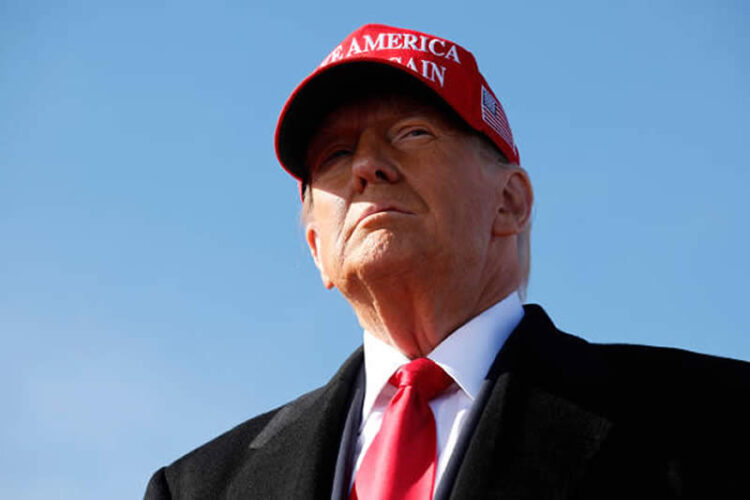Jack Smith Strongly Critiques Aileen Cannon’s Suggested Jury Instructions

SAUL LOEB/AFP VIA GETTY; SOUTHERN DISTRICT OF FLORIDA
In a striking development late Tuesday, Special Counsel Jack Smith submitted a potent legal document challenging the jury instructions suggested by Judge Aileen Cannon last month. The controversial instructions had posed the question of whether the top-secret documents taken by former President Donald Trump could be considered his personal property rather than official government records.
The critique, first highlighted by Kyle Cheney of Politico, showcased Smith’s vigorous dissection of Cannon’s proposed jury directions. Smith asserted right from the outset that the legal foundation of Cannon’s instructions was flawed, cautioning that such guidance could severely skew the trial proceedings against the former president.
As the document delved deeper, Smith dismantled the argument posited by Trump that he had the right to retain top-secret documents, including sensitive intelligence on the nuclear capabilities of a foreign nation, following his presidency. Smith pointed out that Trump’s reliance on the Presidential Records Act (PRA) was unfounded and lacked any factual basis.
He described it as a retroactively crafted justification that emerged well over a year after Trump had vacated the White House. Smith emphasized that Trump’s current invocation of the PRA does not reflect any actual decisions made during his tenure as president regarding the personal designation of the records now under scrutiny.
To bolster his argument, Smith presented compelling evidence from his thorough investigation. He mentioned that interviews were conducted with individuals designated as Trump’s representatives under the PRA, along with high-ranking White House officials, including chiefs of staff and senior members of the White House Counsel’s Office.
According to Smith, none of these individuals had ever heard Trump declare any of the documents as personal or suggest that moving boxes to Mar-a-Lago was an act of designating them as personal under the PRA. On the contrary, Smith noted that every witness questioned on this matter affirmed they had never encountered such declarations from Trump.
This latest court filing by Smith marks a significant moment in the legal proceedings, highlighting the contentious debate over the nature of the documents in Trump’s possession and the applicable legal frameworks. As the case progresses, the implications of Smith’s arguments and the court’s decisions on these matters could have profound impacts on the trial’s direction and its ultimate outcome.


